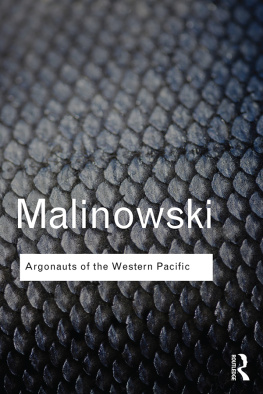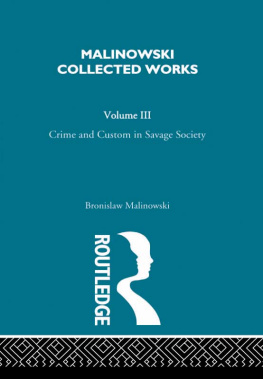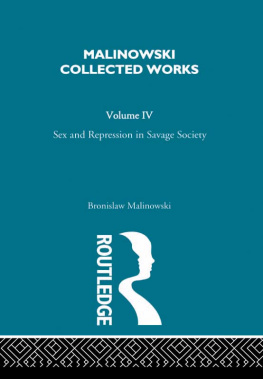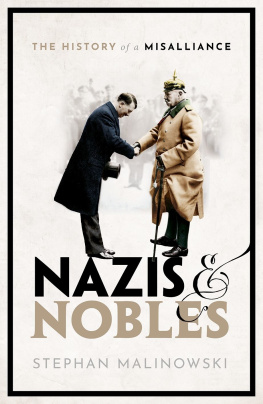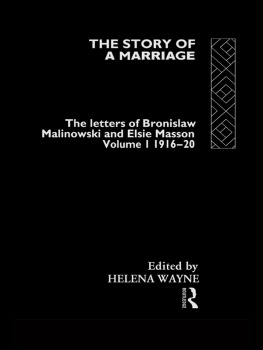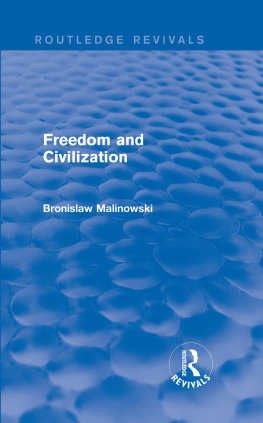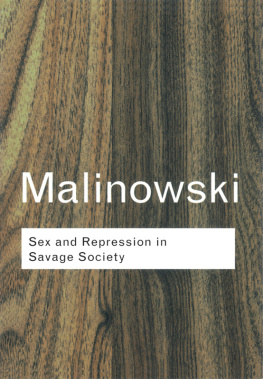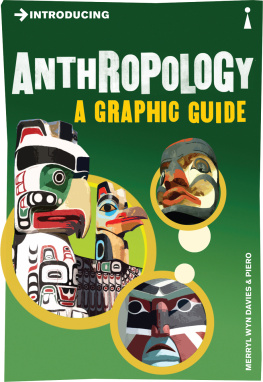Argonauts of the Western Pacific
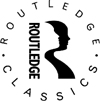
Routledge Classics contains the very best of Routledge publishing over the past century or so, books that have, by popular consent, become established as classics in their field. Drawing on a fantastic heritage of innovative writing published by Routledge and its associated imprints, this series makes available in attractive, affordable form some of the most important works of modern times.
For a complete list of titles visit
www.routledge.com/classics
Bronislaw
Malinowski
Argonauts of the Western Pacific
An Account of Native Enterprise and Adventure in the Archipelagoes of Melanesian New Guinea
With a foreword by Adam Kuper

First published in 1922 by Routledge & Kegan Paul Ltd
Reprinted in 2002 by Routledge
First published in Routledge Classics 2014
by Routledge
2 Park Square, Milton Park, Abingdon, Oxon OX14 4RN
and by Routledge
711 Third Avenue, New York, NY 10017
Routledge is an imprint of the Taylor & Francis Group, an informa business
1922 Bronislaw Malinowski
2014 Foreword, Adam Kuper
All rights reserved. No part of this book may be reprinted or reproduced or utilised in any form or by any electronic, mechanical, or other means, now known or hereafter invented, including photocopying and recording, or in any information storage or retrieval system, without permission in writing from the publishers.
Trademark notice : Product or corporate names may be trademarks or registered trademarks, and are used only for identification and explanation without intent to infringe.
British Library Cataloguing in Publication Data
A catalogue record for this book is available from the British Library
Library of Congress Cataloging in Publication Data
A catalog record for this book has been requested
ISBN: 978-0-415-73864-4 (pbk)
ISBN: 978-1-315-77215-8 (ebk)
TO
MY FRIEND AND TEACHER
PROFESSOR C. G. SELIGMAN, F.R.S.
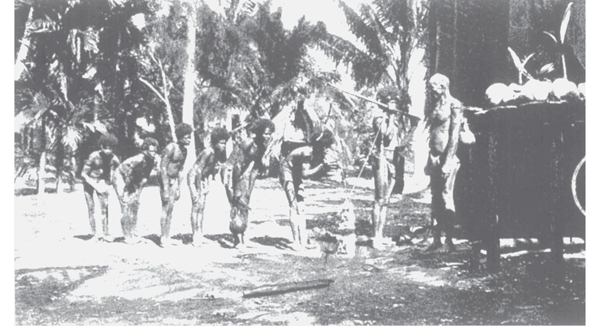
Frontispiece A Ceremonial Act of the Kula (See p. 486.)
Frontispiece A ceremonial act of the Kula |
MAPS
TABLES
FIGURES IN TEXT
Adam Kuper
IN 1922, two classics of anthropology appeared. The first was the abridged version of the most famous work of Victorian anthropology, Sir James George Frazers The Golden Bough. That grand, speculative, comparative account of primitive ideas now attracted a fresh round of respectful commentary. The second, a future classic, was Bronislaw Malinowskis Argonauts of the Western Pacific. On one level a detailed account of exchange in a few neighbouring Melanesian islands, it was also the manifesto of a modernist anthropology.
Malinowski invited Frazer to write a preface to his Argonauts, but he was scornful of the old anthropologyFrazer its last great figurethat had aimed to reconstruct a universal history of progress from savagery to civilisation. Malinowski used the term savage ironically, and he was the first ethnographer to represent savages as rational actors, no more liable to be bamboozled by superstition than the average European. On the contrary, he found them bourgeois in their preoccupations, even reminiscent of Viennese businessmen, indeed surprisingly like ourselves, though living in different circumstances. And in any case he was not interested in speculative reconstructions of large sweeps of history, but rather in the way that a society operated in the here and now. The influence on one another of the various aspects of an institution, the study of the social and psychological mechanism on which the institution is based, are a type of theoretical studies which have been practiced up till now in a tentative way only, but I venture to foretell will come into their own sooner or later.
A new theoretical approach demanded new methods. In Argonauts, Malinowski presented an accounta selective accountof the methods of fieldwork that he had developed in the Trobriand Islands. The comparative studies of Frazers generation drew on the reports of missionaries, colonial officers and scientific travellers, who themselves depended on formal interviews with native experts, filtered through interpreters. Malinowski dismissed this way of going about fieldwork. After all, people everywhere tend to say one thing but do another. Rules are there to be bent. Whenever the native can evade his obligations without the loss of prestige, or without the prospective loss of gain, he does so, exactly as a civilized businessman would do. The ethnographer had to find out what was really going on, discover how the game was played.
The modern ethnographer is a displaced person, a professional migra role that came naturally to the cosmopolitan Malinowski. He once wrote that his family belonged to a displaced class, the dispossessed, impoverished small Polish nobility, shading into the inteligencja. Born in 1884, he grew up in Krakow, speaking Polish, but Krakow was the capital of a cosmopolitan province of the Austro-Hungarian Empire. After taking a first degree in physics at the Jagellonian University in the city, where his father was professor of philology, he went on to the University of Leipzig, in Germany. There he studied psychology, and attended the lectures in economics of Karl Bcher, who was beginning to draw attention to primitive economic systems. In 1910 he went on to the London School of Economics, then one of the few European centres of anthropology. He wrote a thesis, based on secondary sources, on the family among the Australian aborigines, but British anthropologists had begun to send their students into the field, and he was planning fieldwork when he visited Australia, in 1914, for a scientific meeting, and found himself trapped, an enemy alien, when the Great War broke out. He could not return to Europe, but the Australian authorities allowed him to do fieldwork in their colonial territories. Following a preliminary study in New Guinea he moved on to work in the Trobriand Islands, in Melanesia.
His first venture into the field, in New Guinea, in 1914, left Malinowski dissatisfied. Dependent on interviews, without fluency in the local language, following the questionnaire published for fieldworkers by the Royal Anthropological Institute, he felt that he had missed out. Moving on to a more ambitious study in the Trobriand Islands the following year, he decided that the ethnographer must relinquish his comfortable position on the veranda, pitch a tent in the village, cultivate a garden, exchange gifts, listen in to conversations, flirt, argue, and generally hang about. Intimate personal histories, neighbourhood feuds, the tug of war between a persons emotional loyalties and his legal obligations, all this was accessible only to an observer who was immersed in the everyday life of the village. The new ethnographer was a participant observer.
In a letter to his fiance, soon after he arrived in the Trobriand Islands, Malinowski described taking part in a fishing expedition, and remarked: This one expedition has given me a better idea of Kiriwinian fishing than all the talk I heard about it before. It was also a more fascinating though not necessarily an easier method of working. But, it is the method. In the Argonauts, he laid out
Next page
